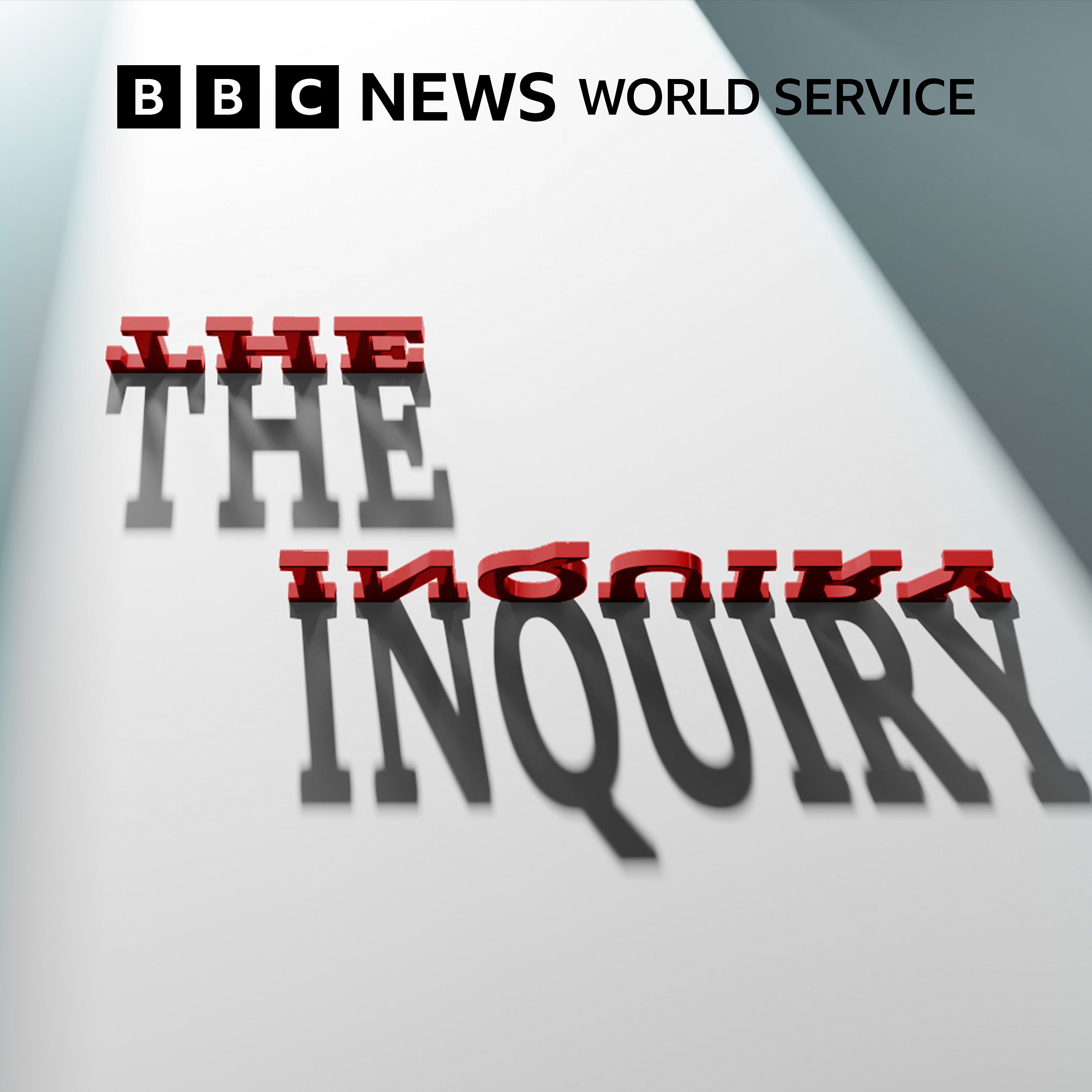

The Inquiry
BBC World Service
The Inquiry gets beyond the headlines to explore the trends, forces and ideas shaping the world.
Episodes
Mentioned books

Jan 13, 2026 • 24min
Is nuclear disarmament set to self-destruct?
Hermann Wentker, a Cold War historian, joins Alexandra Bell, CEO of the Bulletin of the Atomic Scientists, Mike Albertson, an arms control expert, and Nathalie Tocci, a European security policy professor. They discuss the imminent expiry of the New START treaty and its potential chaos for nuclear arsenals. The risks of a 'free for all' in nuclear stockpiles are highlighted, alongside challenges posed by states outside the NPT. The guests warn that our choices today could either prevent a return to Cold War tensions or invite increased proliferation.

Jan 6, 2026 • 24min
Can Kenya answer the call for employment?
In this engaging discussion, Joy Kiiru, a senior lecturer at the University of Nairobi, sheds light on Kenya's youth unemployment crisis and the mismatch between education and job market needs. Marcus Larsen, a professor at Copenhagen Business School, emphasizes the potential of business process outsourcing but cautions about the disruptive impact of AI. Deepa Mani from the Indian School of Business shares insights into India's successful outsourcing model, while researcher Boaz Munga questions the feasibility of Kenya's ambitious goal to create a million BPO jobs amidst global competition.

Dec 30, 2025 • 24min
How did music megatours become such a money spinner?
Kevin Kim, Head of Asia at Route Note, discusses K-pop fandom's role in driving tour success through fan engagement and merchandise. Serona Elton, a professor at the Frost School of Music, explains how digital sales have shifted focus to touring as the main income source, highlighting the need for massive production. Adam Behr, an expert on music structures, emphasizes how scarcity allows for higher ticket prices. Journalist Poppy Reid describes the economic benefits of megatours for local economies and the multiple revenue streams artists can explore post-tour.

8 snips
Dec 23, 2025 • 24min
Will there ever be a single global language?
Join linguistics experts as they explore the tantalizing question of a global language. Esther Schor delves into the history of Esperanto and its cultural significance, while Patrick Foote highlights the evolution of languages and the role of emojis as modern communication tools. Salikoko Mufwene reveals the impact of colonialism on language dominance and persistence. Celeste Rodriguez-Louro discusses vibrant efforts to revive endangered languages and the deep connections between language and identity. Can we ever unify under one language? The discussion reveals fascinating insights.

Dec 16, 2025 • 24min
How can Nigeria stop its kidnap crisis?
Dr. Jumo Ayandele, a clinical assistant professor at NYU and expert on kidnappings, highlights the financial motivations behind targeting clergy and schools for ransom. James Barnett, a research fellow, discusses the historical roots of banditry linked to neglect and arms influx. Dengiyefa Angalapu, a research analyst in Abuja, proposes practical solutions like motorbike tracking and education improvements to reduce kidnappings. Together, they explore how Nigeria can combat its ongoing kidnapping crisis with strategic, community-focused approaches.

20 snips
Dec 9, 2025 • 24min
Is it last orders for the wine industry?
In this insightful discussion, wine critic Jane Anson reveals how Bordeaux's vineyards are shrinking due to climate shifts and lost demand. Historian Roderick Phillips highlights wine's long cultural history, juxtaposing it with its declining status today. Economist Stefano Castriota examines the impact of tariffs and lifestyle changes on global wine consumption. Meanwhile, consultant Peter McAtamney shares hopeful trends in niche markets and suggests linking wine with gastronomy to reignite interest. Together, they tackle the challenges yet provide a glimpse of resilience in the industry.

10 snips
Dec 2, 2025 • 24min
Will Australia’s social media ban start a global trend?
Terry Flew, a digital communication expert from the University of Sydney, discusses Australia's forthcoming social media ban for users under 16, driven by youth mental health concerns. Sonia Livingstone, a media scholar from LSE, contrasts past and present social media experiences for youth, noting both benefits and dangers. Lisa Given, an information sciences professor, highlights global reactions and the potential shift to unregulated platforms. They explore age verification challenges and ponder if this trend might spread worldwide.

Nov 25, 2025 • 24min
Is Cyprus moving closer to reunification?
Mete Hatay, a Turkish Cypriot academic, sheds light on the historical roots of Cyprus's division since 1974. Political analyst Lefteris Adilinis discusses the new Turkish Cypriot leader's pro-federation stance but warns of challenges ahead. Dr. Dorothée Schmid highlights the island's geopolitical significance and rising tensions over resources. Former ambassador Kathleen Doherty assesses the current momentum for reunification talks and the crucial requirements for progress, offering a glimmer of cautious optimism amidst deep-rooted challenges.

Nov 18, 2025 • 24min
Is the new Pope woke?
Dr. Massimo Faggioli, an expert in contemporary Catholicism, analyzes the nuances of wokeness in relation to the new Pope, Leo XIV. Inés San Martín shares insider perspectives on Francis's polarizing reforms and their fallout. Christopher White highlights Leo's focus on peace and social justice, while Elise Ann Allen discusses Leo's bid to bridge divides within the church. Together, they explore how Leo seeks to navigate complex issues like LGBTQ inclusion and adapt to a global demographic shift, revealing a pope with a unique approach yet grounded in tradition.

9 snips
Nov 11, 2025 • 24min
Is the world ready for more climate migration?
In this engaging discussion, guests share insights on climate migration. Amali Tower highlights how slow and sudden climate events displace millions, using examples from Pakistan and Bangladesh. Dr. Lagipoiva Cherelle Jackson sheds light on the cultural vulnerabilities of Pacific islanders and their limited migration pathways. Alessio Terzi examines how nationalism affects migration policies, complicating international cooperation. Gaia Vince advocates for proactive international agreements to manage these population shifts effectively. Together, they reveal a world unprepared for escalating climate challenges.


